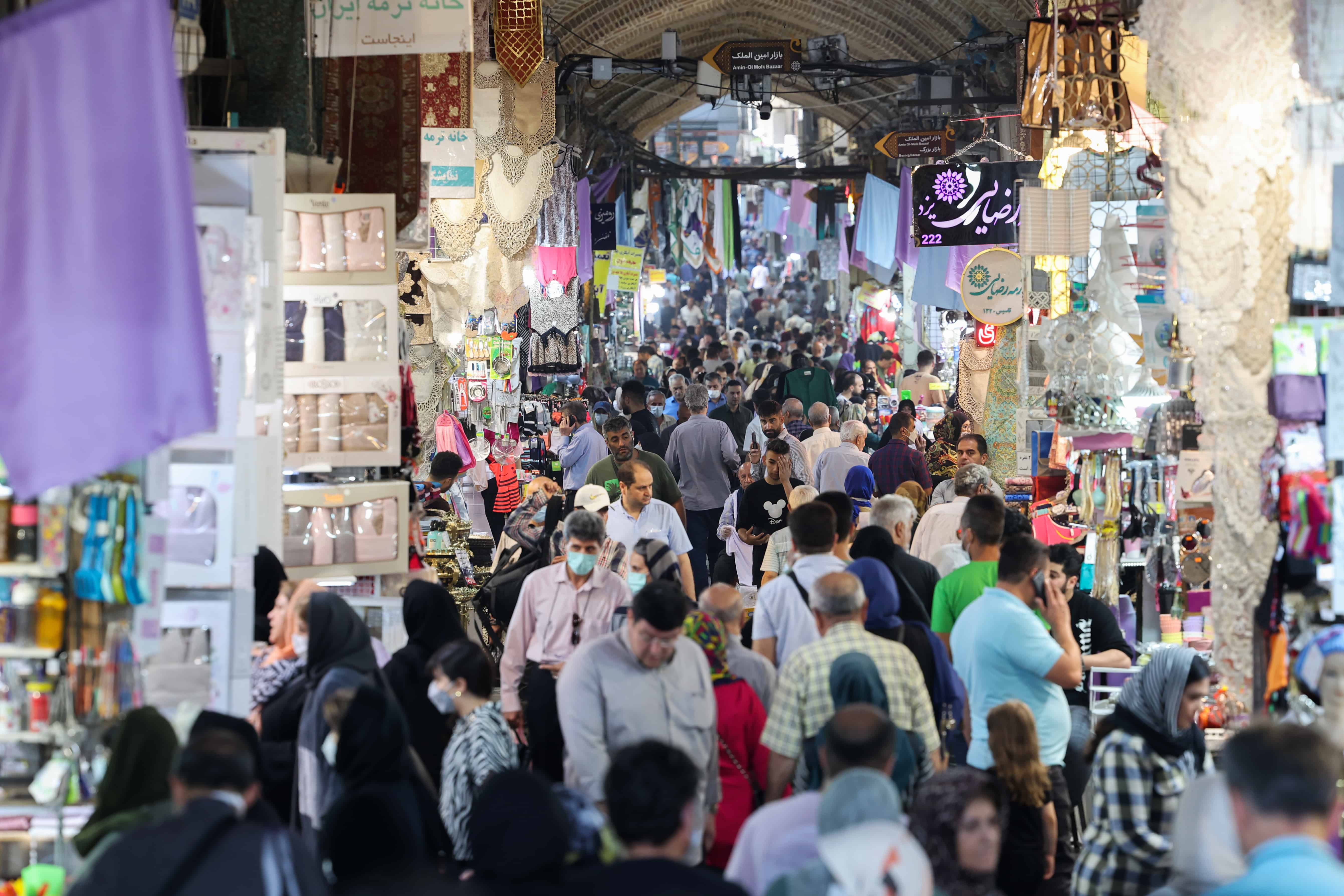Police have arrested 120 people for breaking Iran’s segregation and morality rules at a party in the forest in the northern province of Mazandaran, state media reported Sunday.
“Members of this illegal tour… were arrested by the morality police and a lawsuit has been filed,” provincial judiciary chief Mohammad Sadegh Akbari said, quoted by state broadcaster IRIB.
Akbari said the “criminal acts” conducted in a forest near the city of Neka included “drinking alcohol, having illicit relationships, mixed-sex dancing and uncovering the hijab”.
Iranians, seeking reprieve from the hustle and bustle of city life, often choose the north of the country as a destination for sightseeing and enjoying their free time.
Under Islamic law in force in Iran since its 1979 revolution, women must wear a hijab that covers the head and neck while concealing the hair.
But many women have pushed the boundaries over the past two decades by allowing their veils to slide back and reveal more hair, especially in Tehran and other major cities.
Under Iranian law, only non-Muslim citizens are permitted to consume alcohol for religious purposes, while dancing with the opposite sex is forbidden.
In April, Iranian police arrested three young women after a video online showed them dancing in a cemetery.
Single-sex dancing is not a crime in Iran, but legal experts say that if someone dances in public or on the internet in a manner seen as offending public decency, they can face prosecution.








